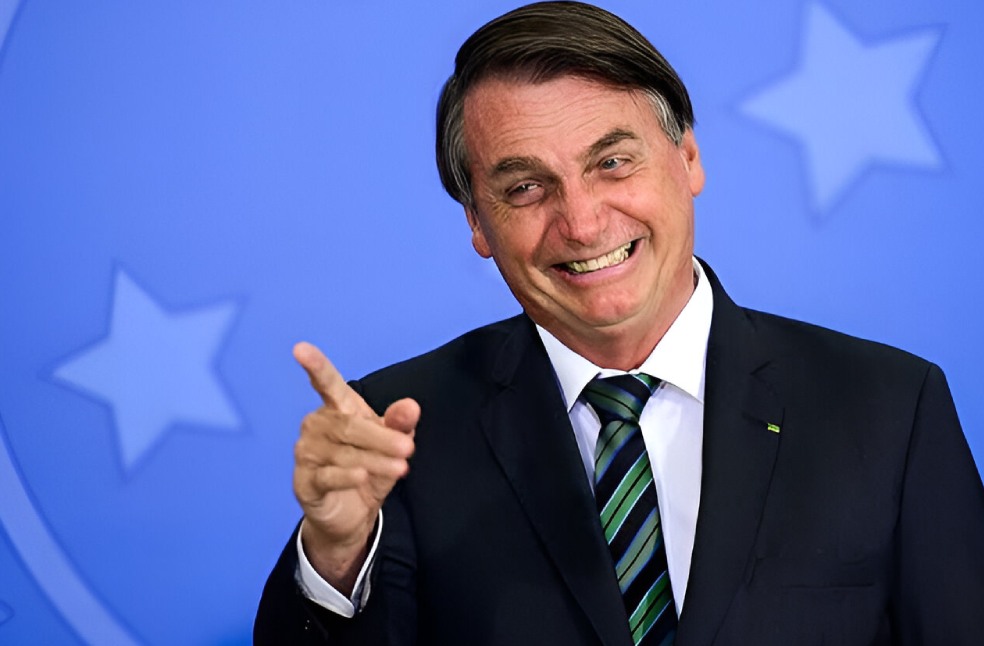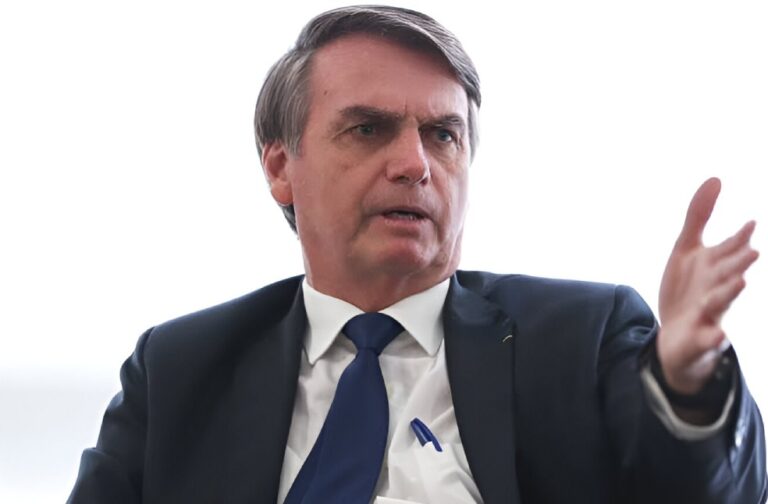Brazil: Former Brazilian President Jair Bolsonaro has been formally charged with attempting to stage a coup following his defeat in the 2022 presidential election. The charges, brought by Brazil’s chief prosecutor, accuse Bolsonaro of leading a criminal organisation that sought to prevent President Luiz Inácio Lula da Silva from taking office.
Bolsonaro, 69, faces five charges, including allegations that he planned to poison President Lula and assassinate Supreme Court Justice Alexandre de Moraes. He denies any wrongdoing, claiming he is a target of political persecution.
The Supreme Court will now decide whether to accept the charges. If approved, Bolsonaro and 33 others—comprising civilians and military officials—will face trial. Legal proceedings are expected to move forward later this year.
Bolsonaro, who was banned from running for office until 2030 for undermining Brazil’s electoral system, remains a polarizing figure. Despite his ban, he continues to wield significant political influence, with strong support among opposition groups.

The case follows a report by federal police three months ago, which accused Bolsonaro of playing a key role in organising an attempted coup, including proposing the idea to military leaders. On January 8, 2023, his supporters stormed government buildings in Brasília, leading to widespread arrests and condemnation.
The prosecutor’s charges have heightened political divisions in Brazil. Government supporters hail the decision as a victory for democracy, while Bolsonaro’s allies insist he is being unfairly targeted.
With the Supreme Court expected to proceed with the trial later this year, attention now turns to the political consequences. Recent opinion polls show President Lula facing record rejection levels, raising uncertainty about next year’s presidential election.
As Bolsonaro prepares to fight the charges, his legal battle could become a rallying point for his supporters, keeping him at the centre of Brazil’s political landscape despite his electoral ban.



